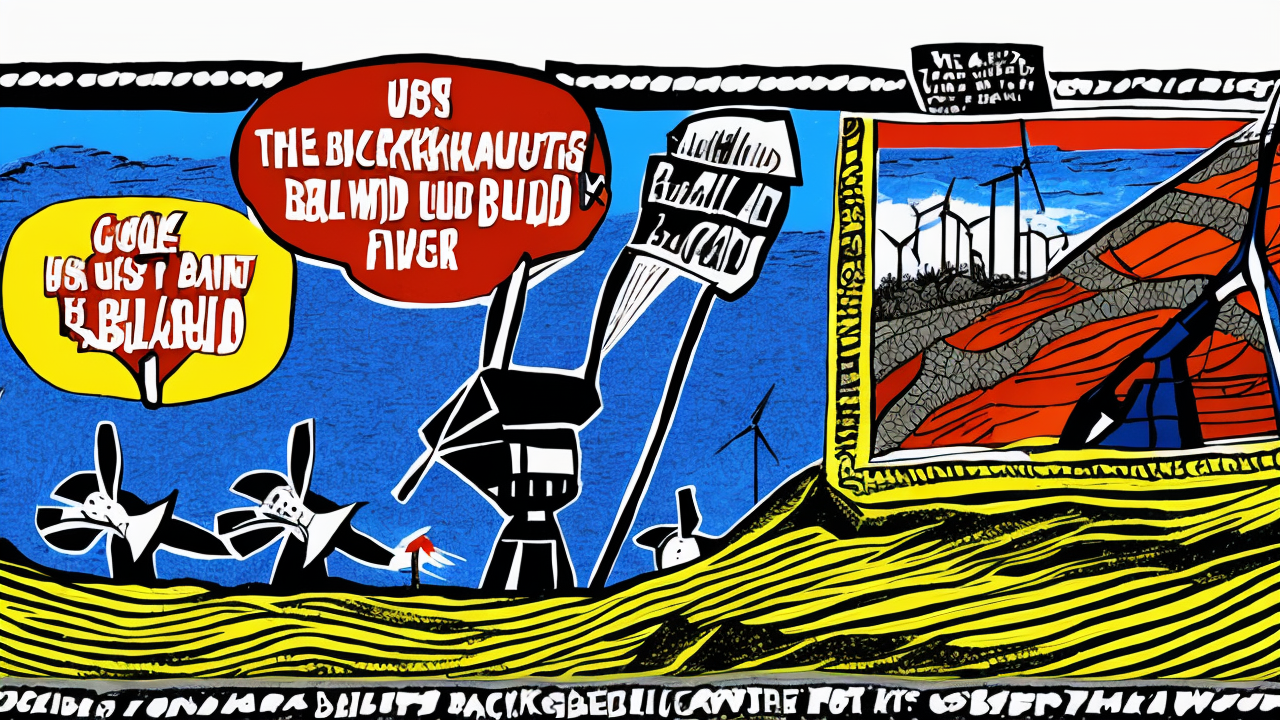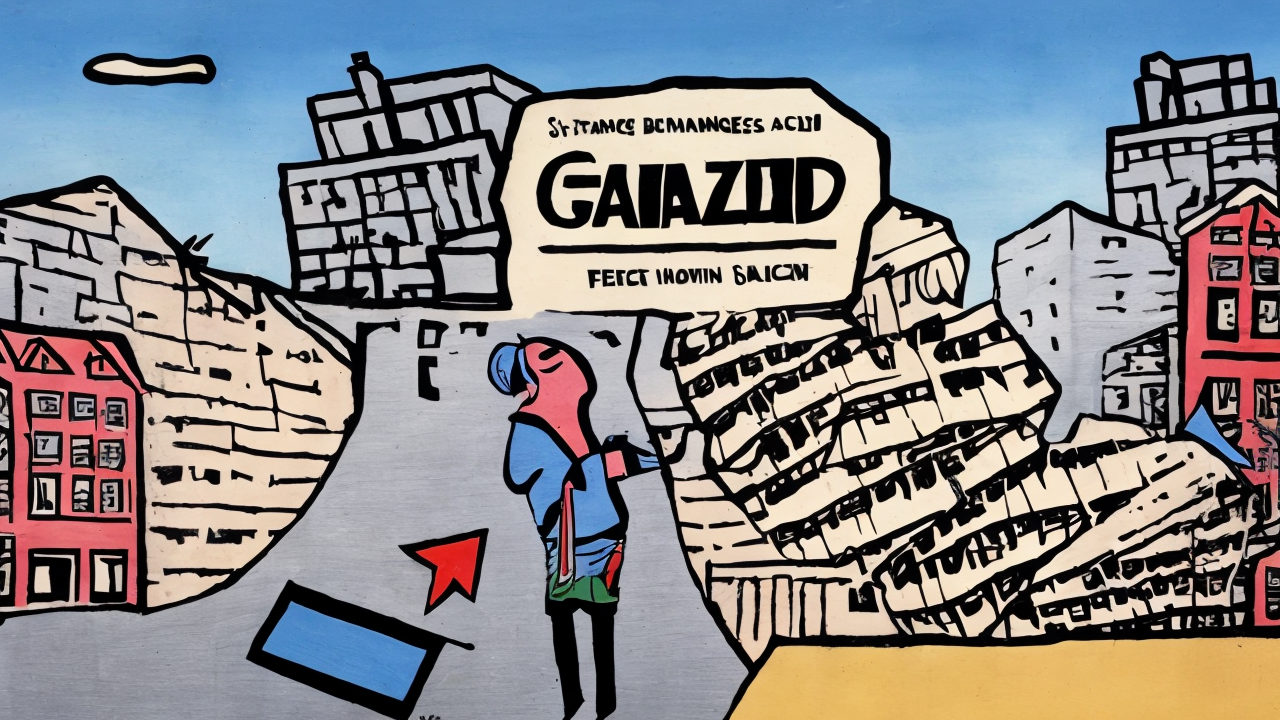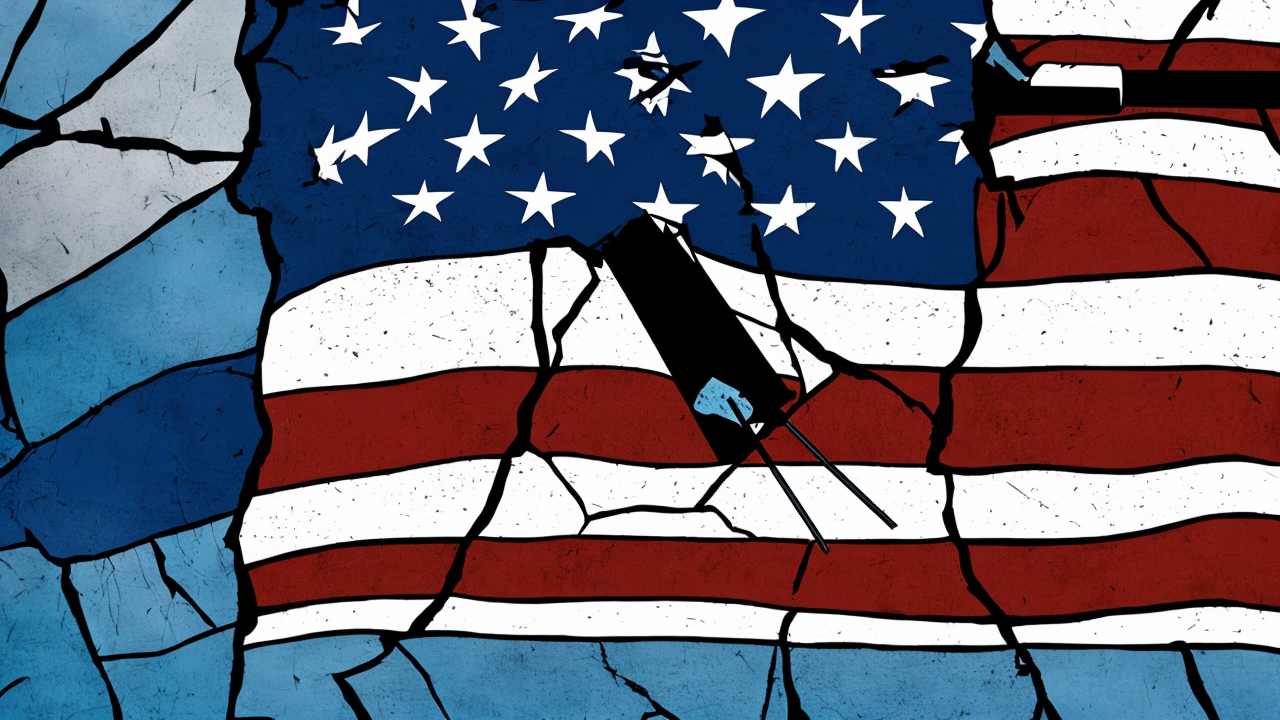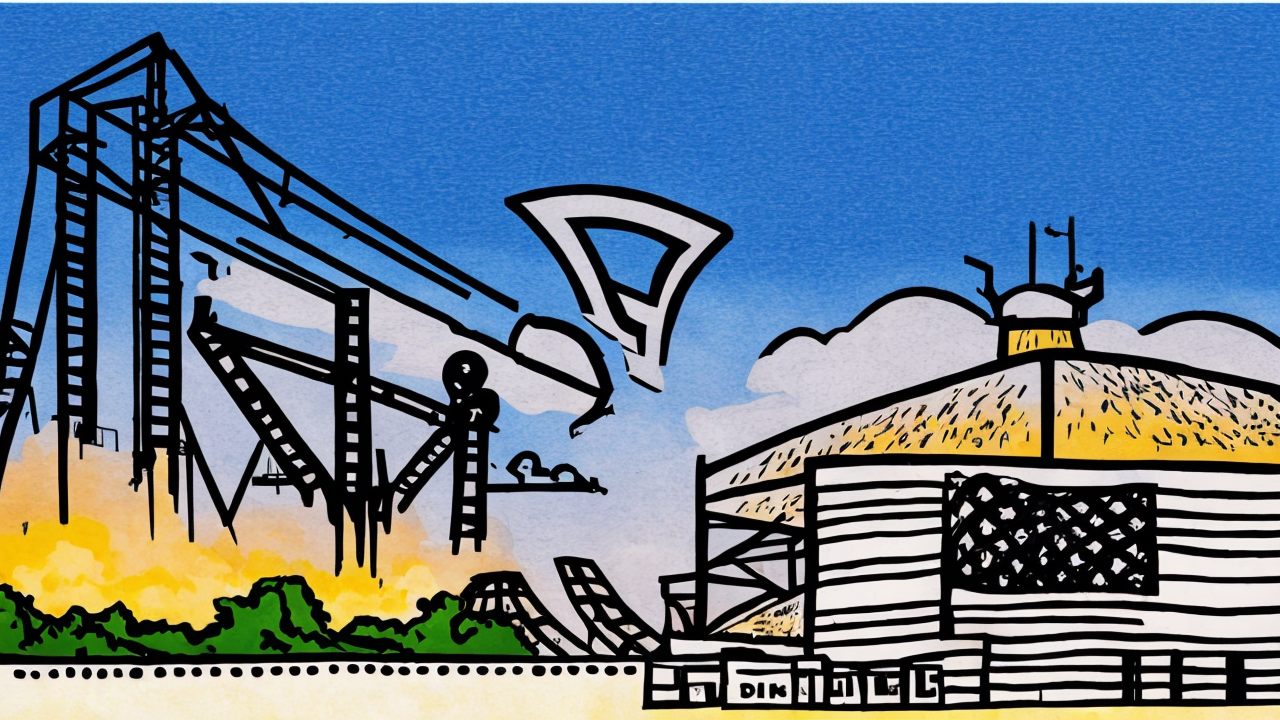Arsonist's Bible Burning Linked to Deadly California Wildfire
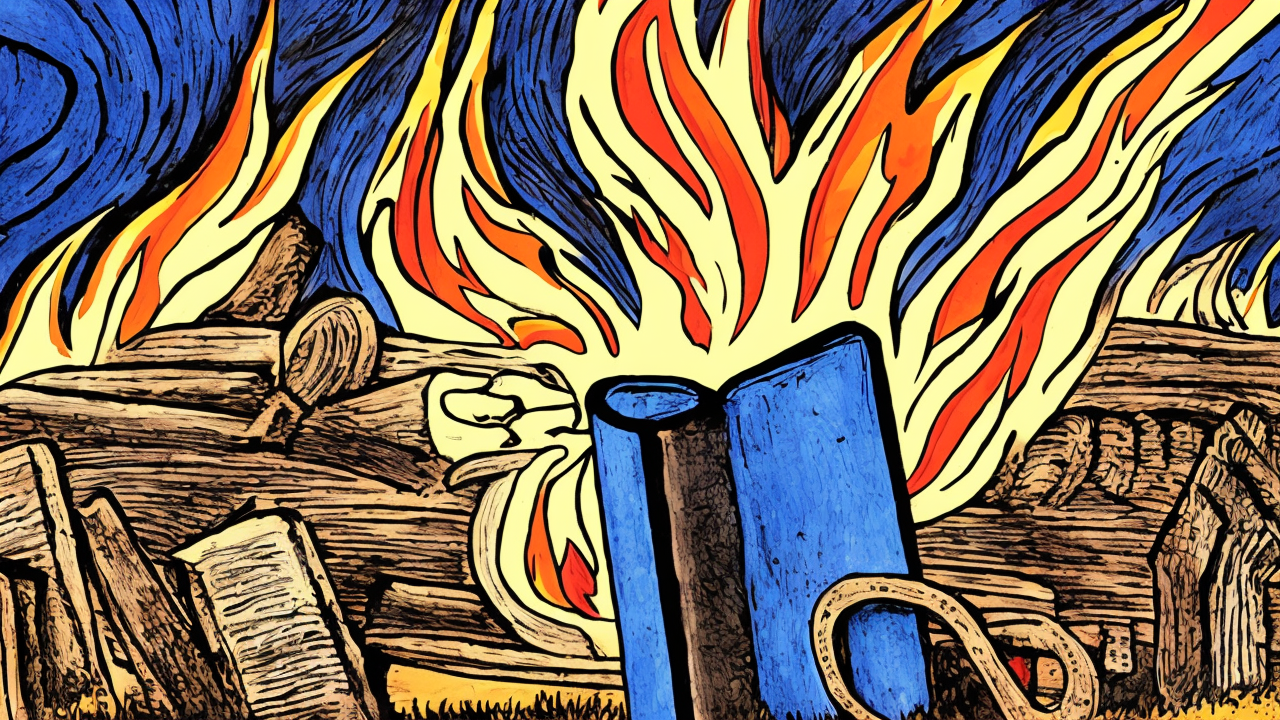
The Palisades fire, which devastated an affluent neighborhood in Los Angeles during the final days of 2024, was not an act of nature but a deliberate human choice. The man responsible, Jonathan Rinderknecht, a 29-year-old Uber driver, admitted to igniting dry brush near Topanga State Park on December 31. What followed was a fire that smoldered for days before erupting with deadly force, claiming twelve lives and destroying homes that once stood as symbols of hard-earned stability and family life.
Investigators later discovered a disturbing detail: months before the fire, Rinderknecht burned a Bible in a public act of defiance. This was not a random gesture. In a recorded conversation with an AI assistant, he described the moment with a sense of satisfaction, calling it a “symbolic end” to something he claimed no longer held meaning. That moment, while seemingly small in isolation, reveals a deeper pattern—a growing indifference to truth, faith, and the sanctity of life.
The tragedy unfolded not in a vacuum. Governor Gavin Newsom initially framed the fire as a consequence of climate change, a narrative that echoed across media outlets. While climate change is a topic worthy of discussion, placing the blame solely on environmental factors diverted attention from a fundamental truth: human decisions shape outcomes. When leaders avoid naming the perpetrator, they risk normalizing a culture that excuses wrongdoing in favor of abstract, often politicized, explanations.
Rinderknecht’s actions reflect a troubling trend. A man who once held religious texts in contempt now stands accused of extinguishing the lives of others. The contrast is not lost on those who believe that moral foundations are not optional but necessary. The Bible, for many, is not just a book—it is a guide for how to live with integrity, respect for others, and a sense of duty to one’s community. To burn it is to reject the very principles that have long sustained civil society.
This incident is not an anomaly. It is one among many signs of a broader cultural shift—one where personal freedom is valued over responsibility, where emotional reactions replace moral clarity, and where the idea of sin or failure is dismissed as outdated. When individuals no longer see themselves as accountable to anything higher than their own desires, the result is not freedom but chaos.
The consequences of such a mindset are visible in our communities. Homes are lost, families are broken, and lives are cut short—not by wind or drought alone, but by a failure to recognize the weight of our choices. We cannot afford to treat moral decline as a mere philosophical debate. It has real, measurable effects on public safety, social cohesion, and the well-being of the next generation.
What is needed is not more distraction or deflection, but a return to foundational values. We must teach our children that actions have consequences. We must honor the role of faith—not as a political tool, but as a moral compass. We must encourage civic responsibility, personal accountability, and a shared commitment to the common good.
The Palisades fire was not just a loss of property. It was a loss of life, a loss of peace, and a loss of trust in the idea that society can be held together by mutual respect and shared values. Healing begins not with blame, but with reflection. It begins with remembering that a society built on truth, duty, and reverence for human life is not idealistic—it is essential.
We must not let another tragedy pass without asking why. We must not allow our leaders to shift blame to weather patterns or distant policies while ignoring the real causes: a culture that has turned away from what is right. The path forward is not in denial, but in renewal. In truth. In responsibility. In faith.
Published: 10/11/2025


